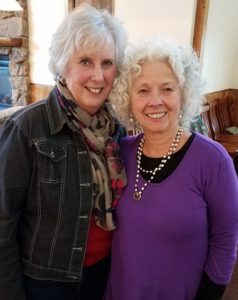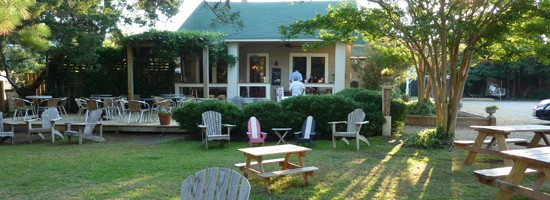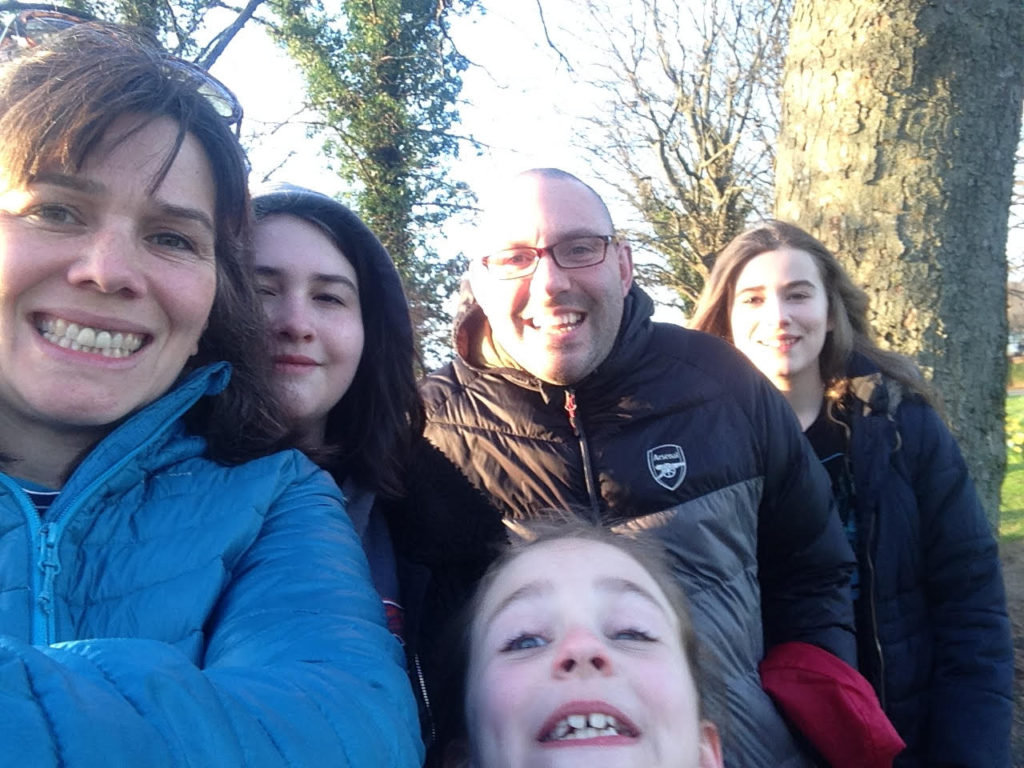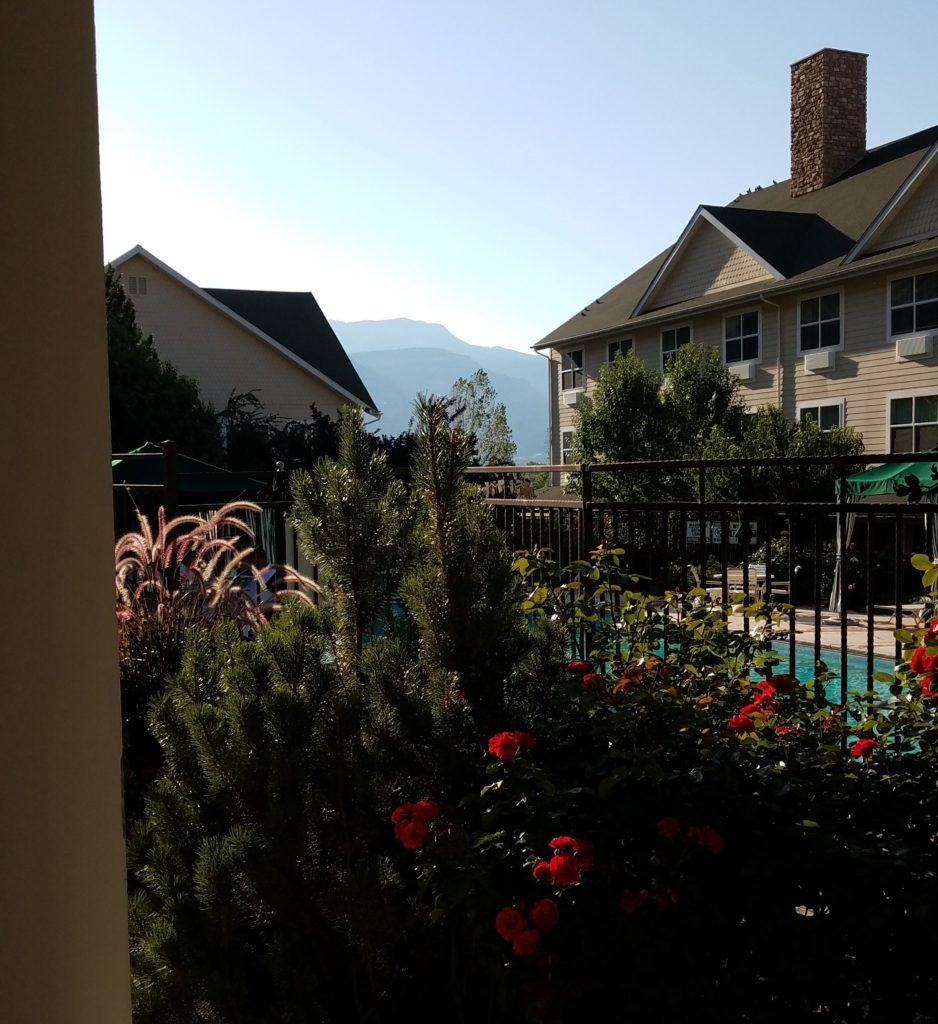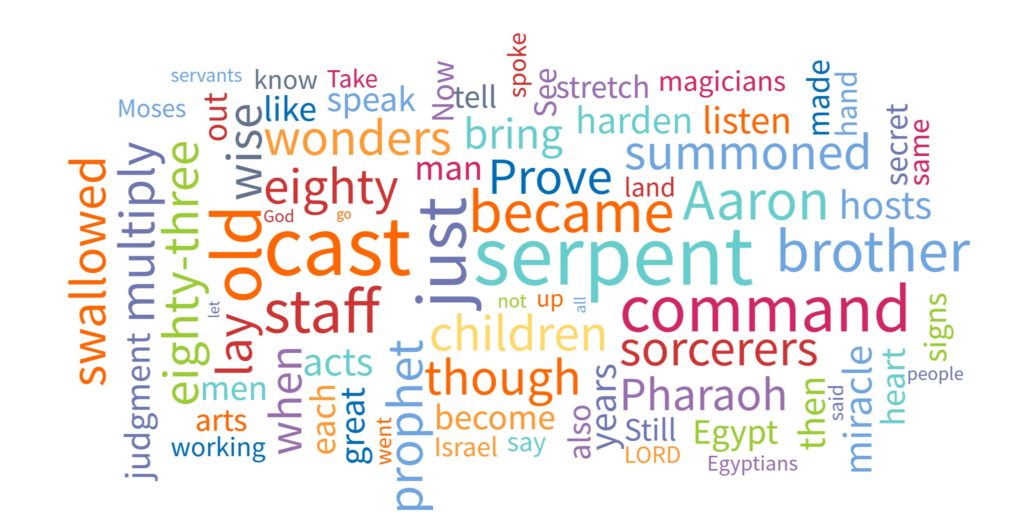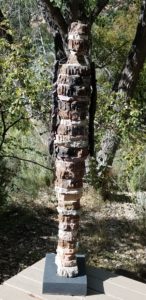Listening to God through the life of Mary
Luke 1:29 — “Confused and disturbed, Mary tried to think …” NLT
Luke 1:34 — “… But how can this happen? ” NLT
Luke 1:35 — “…the power of the Most High will overshadow you…” NLT
Luke 1:37 — “For the word of God will never fail.” NLT or “Nothing is impossible with God.” ESV
Is this just history that leaves me with a choice to believe or not?
Is this just history that I can learn from?
Is this history that I get; that I identify with?
Is this history with transformative power?
Is this history that was recorded for me in 2019?
Is this history that delivers the power and the balm of the gospel?
No; No; Yes; Yes; Yes; Yes!
As I walk with my sister this fall, we’re experiencing a Mary-esque scenario. Like Mary, the mother of Jesus, we’re both living the reality of the transformative power of God and the balm of the gospel.
One of the earliest truths that captured my attention when my faith first became real is John 1:12.
“But to all who received him, who believed in his name, he gave the power to become children of God;” RSV
As children of God, we know there is power. We are personally and intimately connected with the source of all power, with the God of the universe, who is with us, who listens, who responds, who chose a virgin to bear a child; the God who delivers peace in the midst of COPD, our very powerful God.
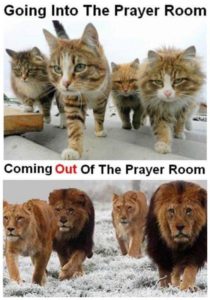 Barbara and I have been praying over the phone the Lord’s Prayer ending with, “Thine is the kingdom, and the power, and the glory forever.” Matthew 6:13, KJV. God’s power is FOREVER!
Barbara and I have been praying over the phone the Lord’s Prayer ending with, “Thine is the kingdom, and the power, and the glory forever.” Matthew 6:13, KJV. God’s power is FOREVER!
God’s power depends on God, not on the desires of my heart, or the words of my prayers. The power comes from God who hears and responds to those prayers.
Often God demonstrates his power with the balm of belief, of peace, and of rest in the midst of the hard.
As Barbara and I pray, a calmness, a peace descends that wasn’t evident even minutes before; the power of God, the balm of the gospel.
Luke 1:37, “Nothing is impossible with God.” echoes God’s words to Abraham many years before Mary was born.
The LORD appears to Abraham, an old man (“advanced in years” Genesis 18:11 ) delivering the message that his wife Sarah was going to have a son. Sarah who was eavesdropping laughed. (“The way of women had ceased to be with Sarah.” Genesis 18:11) The LORD replied, “Is anything to hard for the LORD?” Genesis 18:14.
The rhetorical question in Genesis leads to the declaration in Luke, and continues its journey to our hearts. We too can experience God’s power at work in our lives and all around us.
Even when life seems impossible, we have the power of God, and can personally know the balm of the gospel. Just like Mary did who responded many years ago, ” … let it be to me according to your word.” Luke 1:38. All is okay.
“Yours, O LORD, is the greatness and the power and the glory and the victory, and the majesty … In your hand are power and might …
And now we thank you, our God, and praise your glorious name.”
I Chronicles 29:11-13 (emphasis, mine)
“and what is the immeasurable greatness of his power
toward us who believe,
according to the working of his great might”
Ephesians 1:19





